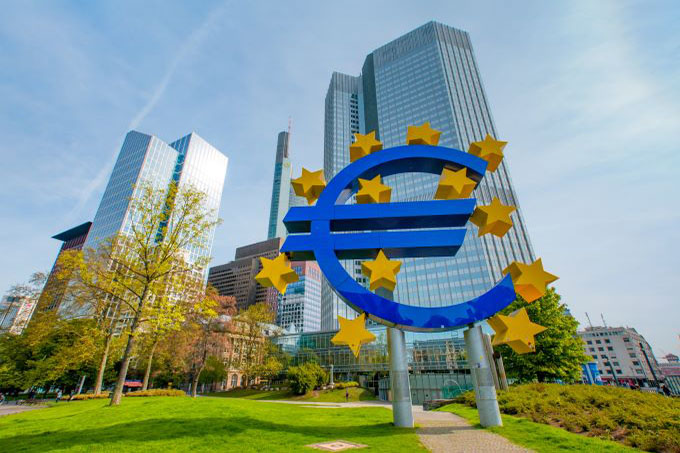The following are the most recent pieces of Forex fundamental analysis from around the world. The Forex fundamental analysis below covers the various currencies on the market and the most recent events, announcements, and global developments that affect the Forex market.
Most Recent
The US political elite has yet to agree to extend the nation’s borrowing ceiling. If they fail to come to an agreement before August the USA may default on some of its obligations.
India is the world’s most populace democracy and is an emerging, globally important economy. With a population of approximately 1.2 billion people, India represents an enormous potential market for the rest of the world which is likely to open up further as the nation becomes wealthier. India is already the third largest economy in Asia behind China and Japan.
Now the world’s second largest economy behind the USA, China is having to contend with (relatively) high inflation and a potential property bubble. Inflation figures released recently show that the consumer price index (CPI) measure stood at 5.5% in May. This is the highest value seen for CPI in the past 34 months.
Top Forex Brokers
Ratings agency Standards and Poor’s have poured more fuel on the sovereign debt crisis in Europe by a further downgrade of Greece’s credit rating. S and P has dropped Greece’s rating by a further three notches to CCC making it the worst credit “risk” of all of the world’s developed nations.
This Forex weekly snapshot gives our take on the majors. Get insights on USD, EUR, AUD, GBP and more from our expert traders before making your next trade.
Last week saw most of the world’s major stock exchanges again all close lower for the sixth week in a row; the Nikkei bucked the trend.
The USD is the world’s reserve currency, and as such there are a lot of markets that are priced in it. This creates a certain amount of demand no matter what is going on. This is one of the reasons that the most important currency for a forex trader to focus on is the Dollar. It simply affects everything.
The German Finance Minister, Wolfgang Schaeuble, has written to the ECB and the IMF arguing that the current funding facilities for Greece were insufficient and that unless further measures were agreed, a Greek default was a real possibility.
The Australian Reserve Bank has decided to leave its main interest rate unchanged at a whopping 4.75%. The figure is very much higher than the rates on offer in other major economies such as the USA, UK, Japan and the Eurozone which are all well under the 2% mark.
Bonuses & Promotions
As Mark Twain and Disraeli had it, “there are lies, damned lies and statistics”. There once was a time when, if you didn’t have a job and you wanted one, then you were considered to be unemployed. When employment, or rather the lack of it, became a political issue, parties of all hues and in most nations decided that a “black and white” definition of unemployment was less than helpful (to them) and a plethora of new ways of counting those without jobs that would flatter the real figures were invented.
The Irish financial crisis cost the government its mandate and the most recent recipient of a bailout, Portugal, has seen the same fated meted out to its administration.
Last week saw the world’s major stock exchanges again all close lower for the fifth week in a row. In Europe over the course of the week, the FTSE fell by 1.4%, closing at 5855; the Dax shed a further 0.76% to close at 7109; the CAC weakened by 15% to end the session at 3890.7.
Subscribe
Sign up to get the latest market updates and free signals directly to your inbox.Fresh concerns that the global recovery is running out of steam have been provided by US data which has just been released. The figures for May show that manufacturing output in the world’s largest economy has fallen to its lowest level since 2009. The gloomy news sent the Dow Jones Industrial Average down by 2.2%; its biggest one day fall in ten months.
Australia’s was the only major economy not to go into recession during the global financial crisis. However, results just released for the first quarter of this year show that the Australian economy has contracted by 1.2%.
Unease at the Greek government’s to meet its obligations vis a vis debt have pushed markets lower and seen the Euro fall in recent weeks. It is clear that the EU will not allow a full Greek default to happen and so the market movements have been more of a stutter than a fall. But spare a thought for what might happen if the world’s largest economy failed to meet its obligations.




